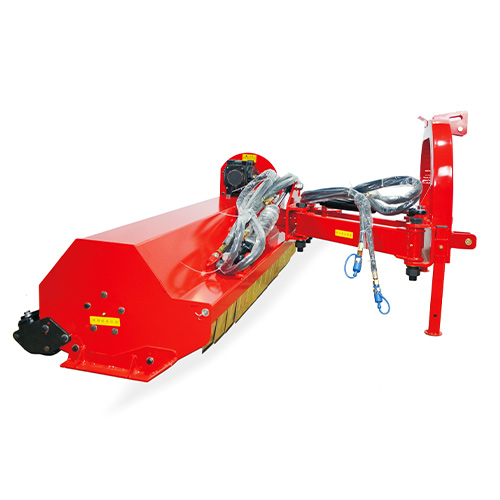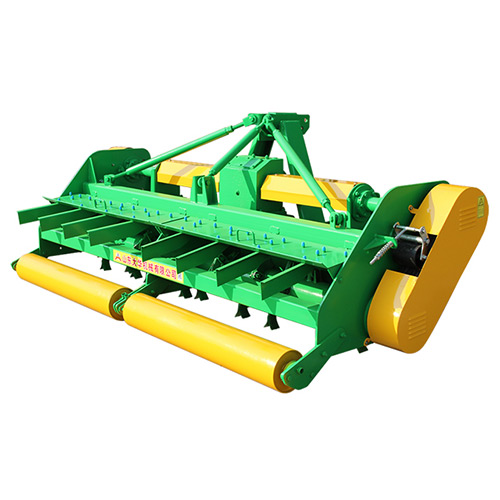Introduction
In the realm of agriculture, the evolution of small farm implements has played a crucial role in enhancing the efficiency and productivity of crop management practices. From the traditional plows to modern planters, these tools have revolutionized the way farmers cultivate their lands and optimize their yields. This blog post delves into the significance of small farm implements, their evolution over time, and their impact on sustainable agriculture.
Evolution of Small Farm Implements

Small farm implements have come a long way from the manual tools used by our ancestors to the sophisticated machinery of today. The transition from basic plows to advanced planters has significantly improved the precision, speed, and effectiveness of crop management practices. Let’s explore the key milestones in the evolution of small farm implements:
Traditional Plows: The humble plow has been a staple in agriculture for centuries, helping farmers break the soil and prepare it for planting. Early plows were simple and required significant physical effort to operate.
Seed Drills: The invention of seed drills revolutionized the way seeds were sown, allowing for more precise planting and better crop yields. These early implements laid the foundation for modern planting technology.
Cultivators and Harrows: Cultivators and harrows helped farmers weed, aerate, and prepare the soil for planting, reducing manual labor and increasing efficiency in crop management.
Modern Planters: Today’s planters are equipped with advanced technology such as GPS guidance systems, variable rate seeding, and automatic row shut-offs, enabling farmers to plant with unprecedented accuracy and efficiency.
Precision Agriculture: The integration of small farm implements with data analytics, remote sensing, and automation has given rise to precision agriculture, where every aspect of crop management is optimized for maximum productivity and sustainability.
Impact of Small Farm Implements
The adoption of small farm implements has had a profound impact on agriculture worldwide. Farmers are now able to cultivate larger areas of land with greater precision and efficiency, leading to increased yields and reduced environmental impact. Some key benefits of small farm implements include:
- Increased Productivity: Small farm implements allow farmers to work faster and more efficiently, leading to higher crop yields and improved profitability.
- Resource Conservation: Modern implements help farmers use resources such as water, fertilizers, and pesticides more efficiently, reducing waste and environmental impact.
- Labor Savings: Automation and mechanization have reduced the need for manual labor in agriculture, allowing farmers to focus on more strategic aspects of crop management.
- Improved Crop Quality: Precision planting and cultivation techniques result in more uniform crop stands, healthier plants, and better overall crop quality.
Case Studies and Success Stories

To illustrate the real-world impact of small farm implements, let’s look at a few case studies and success stories from around the globe:
Case Study 1: Precision Planting in the Midwest: A farm in the Midwest implemented precision planting technology, resulting in a 15% increase in corn yields and significant savings in input costs.The farm also saw improved efficiency in planting operations and better overall crop health. This success has inspired neighboring farms to consider adopting similar technology in the upcoming seasons.
Case Study 2: Sustainable Farming Practices in Europe: Farmers in Europe have embraced small farm implements to practice sustainable agriculture, leading to improved soil health, reduced chemical usage, and higher biodiversity on their farms.This shift towards small farm implements has also allowed farmers to be more precise and efficient in their farming practices, ultimately leading to higher yields and increased profitability. Additionally, by using smaller equipment, farmers are able to navigate their fields more easily, resulting in less soil compaction and erosion. Overall, the adoption of small farm implements in Europe has proven to be a win-win situation for both farmers and the environment.
Success Story: Smallholder Farmers in Africa: By adopting simple hand tools and low-cost implements, smallholder farmers in Africa have been able to increase their crop yields and improve food security in their communities.This shift towards more sustainable and efficient farming practices has not only boosted agricultural productivity but has also helped to alleviate poverty and hunger in rural areas. Through the use of appropriate technologies and training programs, smallholder farmers are now better equipped to adapt to climate change and market fluctuations, ultimately leading to more resilient and prosperous communities.
Conclusion
In conclusion, small farm implements play a vital role in modern agriculture by enabling farmers to cultivate their lands more efficiently, sustainably, and productively. From the humble plow to the sophisticated planter, these tools have transformed the way we grow crops and manage our farms. By embracing innovation and technology in small farm implements, farmers can continue to enhance their crop management practices and contribute to a more sustainable future for agriculture.
Through continuous research, development, and adoption of small farm implements, we can further optimize crop management practices, increase food production, and ensure the long-term viability of our agricultural systems. Let’s continue to innovate and collaborate to harness the full potential of small farm implements in shaping the future of agriculture.
FAQs
What are small farm implements?
Small farm implements are tools and machinery used in agriculture to perform various tasks such as planting, cultivating, harvesting, and soil preparation on a smaller scale.
How do small farm implements improve crop management?
Small farm implements help farmers work more efficiently, accurately, and sustainably, leading to increased productivity, better crop quality, and reduced environmental impact.
What are some examples of modern small farm implements?
Modern small farm implements include precision planters, seed drills, cultivators, harrows, and various types of machinery equipped with advanced technology for optimal crop management.
What types of crops can benefit from small farm implements like plows and planters?
Small farm implements such as plows and planters are versatile tools that can benefit a wide range of crops, including grains like corn and wheat, vegetables such as tomatoes and lettuce, and even specialty crops like herbs and flowers. The key is to select implements that are appropriate for the specific needs of each crop, taking into account factors like soil type, planting depth, and spacing requirements.
Can small farm implements be used in conjunction with larger agricultural machinery?
Yes, small farm implements are often used alongside larger agricultural machinery to complement their capabilities and enhance overall efficiency. For example, while larger tractors may be used for primary tillage operations like plowing, smaller implements like seed drills or cultivators can be used for more precise tasks like planting or weed control. By combining the strengths of both small and large-scale equipment, farmers can optimize their cropping systems for maximum productivity and sustainability.


